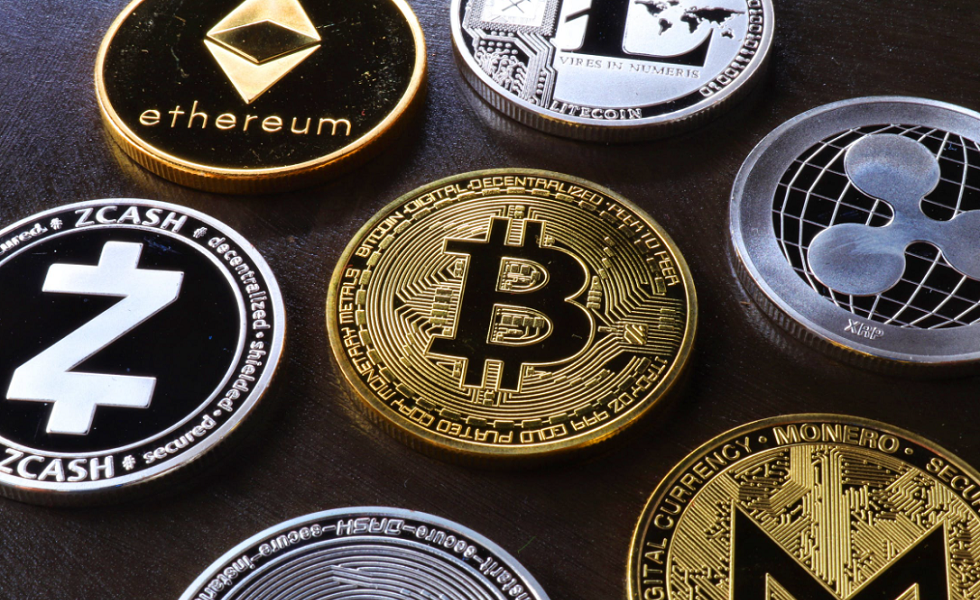BlueBay AM: Is Musk the true king of central banking?
BlueBay AM: Is Musk the true king of central banking?

By Mark Dowding, CIO at BlueBay Asset Management,
Further signs that central banks are beginning to consider changes to their policy rhetoric were given in this week’s Federal Reserve meeting minutes. A number of participants suggested that a discussion regarding taper should commence in the next few Fed meetings, in a break with the dovish status quo.
Notwithstanding the last US labour market report, which was surprisingly soft, we believe that activity data is set to show marked economic strength in the weeks ahead. Consequently, we continue to believe that the taper topic will become a live source of debate by the August meeting at Jackson Hole, setting up for a taper announcement at the September FOMC.
It has been interesting to observe the growing number of US job vacancies and anecdotes of companies struggling to hire staff in some sectors, with such reports at odds with the headline payrolls reading. It seems that generous unemployment benefits have been something of a disincentive to work, but as these start to dry up – as is the case in a number of states – we remain confident that the economy should be back around full employment by the end of this year. Indeed, it has also been interesting to observe firms such as MacDonald’s needing to pay up in terms of wages.
With labour costs and other input costs rising, we see these passed on to consumers, as companies use their pricing power at a time when demand is exceeding supply in some parts of the economy. Consequently, we think that inflation may go up again next month and core prices may be slow to come back below 3% in the months to come.
Notwithstanding these developments, US yields were little changed over the past week with corporate spreads also trading in a sideways direction, as they have over the past month.
Eurozone
Meanwhile, yields in the eurozone continued to nudge higher, with Bunds at a 2-year high and now starting to flirt with the possibility of a return to positive territory. Ongoing fiscal expansion and heavy supply has been weighing on sentiment and as yields have moved higher, so sovereign spreads have also come under some pressure.
There has also been some market speculation that the ECB may reduce its PEPP bond purchases when it reassesses the programme at its June meeting. We would be surprised to see this occur and doubt that the central bank will want to allow a premature tightening in financial conditions.
Due to the more delayed approach to enacting fiscal expansion, coupled with slower Covid vaccination rates, it strikes us that the EU economy is some way behind others, such as the US, in the first half of 2021. Nevertheless, we see scope for some economic catch up in the second half of the year and believe that a reduction in PEPP is coming later in 2021.
As the central bank starts to step back, so bonds will need to find their clearing price and this may mean higher yields and wider spreads. Although in the short term, it is starting to feel that the market is being somewhat premature in front-running this.
Cryptos
Action in cryptocurrencies continued to grab many headlines. After topping USD63,000 in April, Bitcoin plunged as low as USD30,000 this week, on fears that Tesla was turning its back on the digital unit, compounded by concerns that China was seeking to crack down on its use by its citizens.
Yet, ‘diamond hands’ tweets from Musk (suggesting a renewed intent to hold onto the position he has helped to accumulate), saw a turn-around back above USD40,000 in wild intraday trading. In regulated markets, one wonders whether there would be calls for an investigation into such movements, yet cryptocurrencies are unregulated by design.
As referenced previously, this is a factor that counts against Bitcoin and its kin from an ESG perspective – in addition to the environmental impact from coin mining and the sense that these currencies are being used to finance nefarious and illegal activities.
Currencies
In FX markets more broadly, the dollar has continued to trade somewhat softer in the past week, as the DXY threatens its 2018 low. With US yields moving sideways as yields rise elsewhere, this has placed the greenback under some pressure, as has the sizeable US current account deficit. This deficit was entirely financed by flows into US stocks in Q1 this year, but there is a concern that it may become more challenging to keep sucking in capital from elsewhere as policy starts to shift.
However, we believe that US growth data will outpace its global peers and feel that the Federal Reserve will ultimately need to tighten monetary policy by far more than other central banks, given the macro trends now set in motion. This should be more dollar supportive in the weeks to come.
Consequently, we would be wary about jumping onto the bandwagon looking for a weaker US currency. That said, we believe that it is easiest to have a clear view with respect to rates markets than currencies for the time being. If rates are the main driver of the dollar, placing trades on rates themselves appears to have greater merit.
Looking ahead
The coming week remains pretty quiet on the data calendar but thereafter we expect interest to build in the run-up to the next US jobs report. Trends in claims seem to suggest that a robust NFP number is due and a correction following last month’s softness could act as a springboard for hawkish dissent in the FOMC to start to grow a little louder as we move into summer.
We also see the market’s faith in inflation as transitory and being tested in the weeks to come, as concerns grow that the magnitude of US stimulus measures have created a bubble in liquidity that policymakers have been complacent in seeking to manage.
The current mantra from central banks is that it makes sense to be reactive, rather than pre-emptive, in policy action. However, it is understood that policy acts with a lag on real activity and an important reason why policy has been pre-emptive in the past has been to avoid needing to tighten too quickly or aggressively if it becomes apparent that policy has fallen too far behind the curve.
That said, it may seem in some quarters that Jay Powell and his colleagues may be somewhat subordinate to Elon Musk as the true king of central banking, with markets seemingly happy to move according to his command. Hopefully it doesn’t all end in tears for the diamond hands geezer and all his followers.




